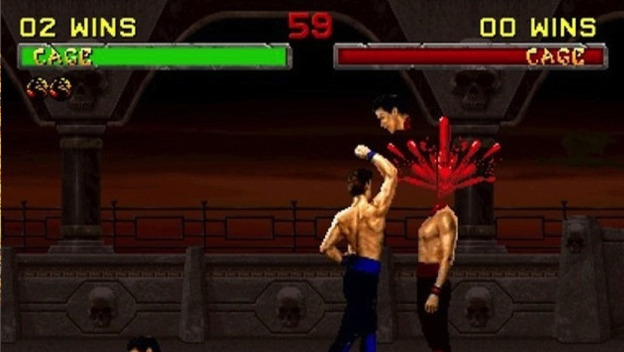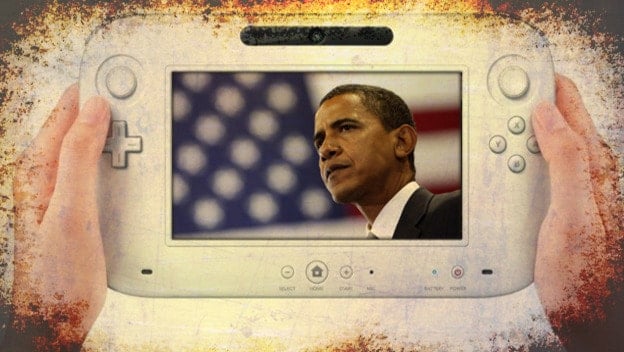Video game violence has turned into a fairly sensitive subject over the past few weeks. After the shooting in Connecticut, many politicians started blubbering inaccurate information into any microphone they could find. But it wasn’t until the NRA chimed in that the anti-gaming arguments against started sounding genuinely insane.
Luckily, the President has stepped in to put an end to the argument in the only way he knows how; ordering a lengthy research study. “We don’t benefit from ignorance,” said the President during Wednesday’s press conference. “We don’t benefit from not knowing the science.”
And, at the risk of alienating any angry gamers who think that this whole thing is a waste of time, the President is right. We should be studying the effects of video game violence, but it shouldn’t stop there. We should be studying the effects of all violent media on cultural behavior. Video games shouldn’t be placed in their very own Presidential-level doghouse. Their role isn’t any greater than television or film. It’s just the politicians aren’t avid gamers, and humanity has a long history of laying blame on the things we don’t understand.
But Obama’s study won’t be the first, and it shouldn’t be the last. Psychologists have been attempting to study the effects of media on behavior since Jackie Gleason was a name that people recognized. But every single study suffers from the same conclusion: It’s inconclusive.
Several studies have linked aggressive gaming with violent behavior. A 2008 study in the Personality and Social Psychology Bulletin found a positive correlation between exposure to video game violence and hostile personality traits. And a Japanese study in the same year found that “habitual violent video game play early in the school year predicted later aggression.”
So, many researchers believe strongly that there’s a connection between violent video games and aggressive behavior. But we definitely don’t understand the mechanics of the linkage, and that’s not going to change any time soon. The study of behavior is still in its infancy, and we can’t use the same kind of mathematical models that are used in the more hard-line sciences. This is why psychology is often referred to as a soft science.
All we can really do is look for a correlation between aggressive behavior and an attraction to video games. But this approach suffers from scientists call the third variable problem .
Since we have no control over the subject’s environment before he (I’m assuming that the subject is male here) enters the study, and typically have little control when they’re not actually being tested, we can’t ever conclude that video games are the cause of their aggression. Scientists often repeat the phrase “correlation is not causation,” because so many other factors are often involved.
Plus, the case for gaming’s causal effect on social violence gets even weaker when you take the research of Christopher J. Ferguson into account. Ferguson has spent a great deal of time critiquing these scientific studies (a process called meta-analytic review ), and has some major issues with the results. “My impression is at this point the research is certainly inconsistent,” Ferguson told Kotaku. “I think anybody who tells you that there’s any kind of consistency to the aggression research is lying to you, quite frankly… There’s no consistency in the aggression literature, and my impression is that at this point it is not strong enough to draw any kind of causal, or even really correlational links between video game violence and aggression even, no matter how weakly we may define aggression.”

So, to say that the scientific community is in consensus would be a stretch, and we probably shouldn’t expect anything different from Obama’s study.
But, let me be clear, the President is still right. We should be spending our time attempting to understand the relationship between violence and gaming. And, if we discover that violent video games are a problem, we should be open-minded enough to work toward a solution.
Source: Correlates and Consequences of Exposure to Video Game Violence: Hostile Personality, Empathy, and Aggressive Behavior
Source: Longitudinal Effects of Violent Video Games on Aggression in Japan and the United States
Source: Effects of Prosocial Media on Social Behavior
Source: Evidence for publication bias in video game violence effects literature: A meta-analytic review
Source: From Halo To Hot Sauce: What 25 Years Of Violent Video Game Research Looks Like
 | By Josh Engen News Director Date: January 18, 2013 |
